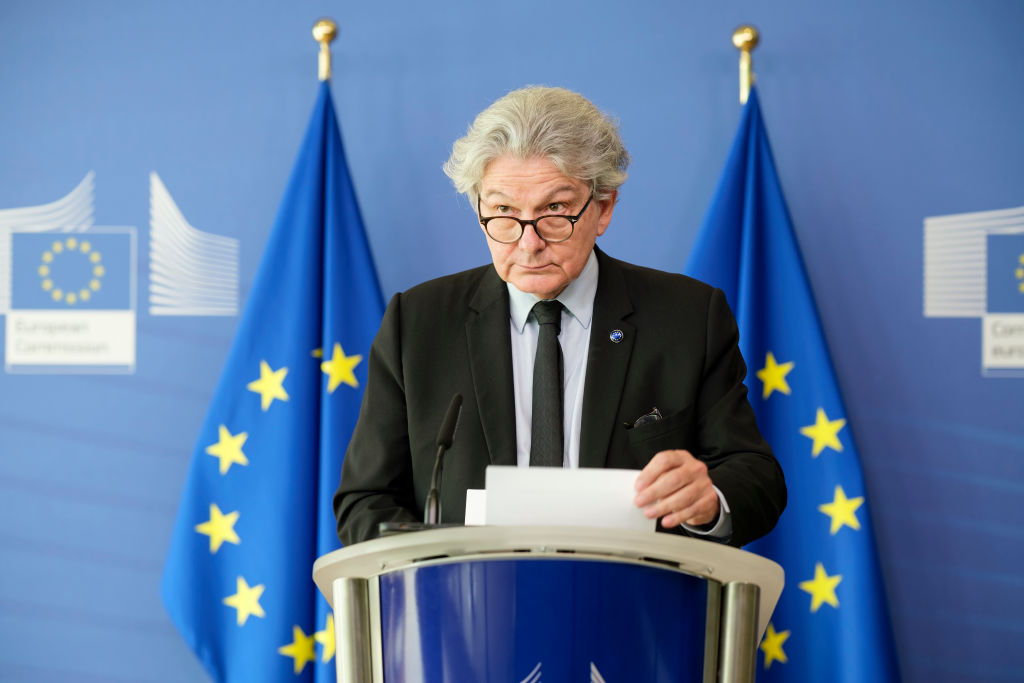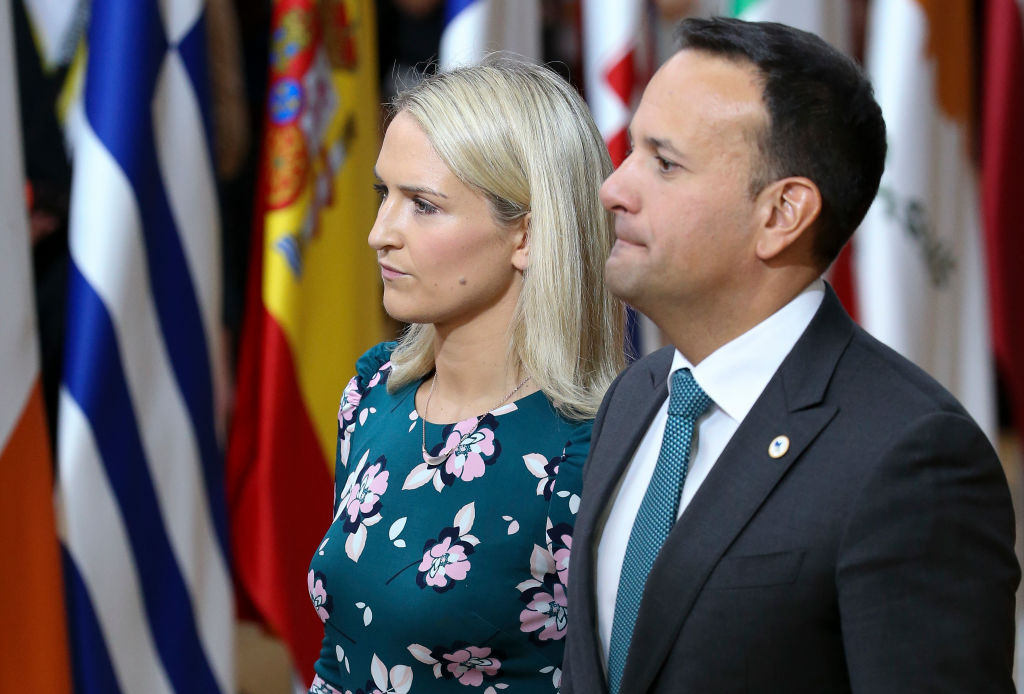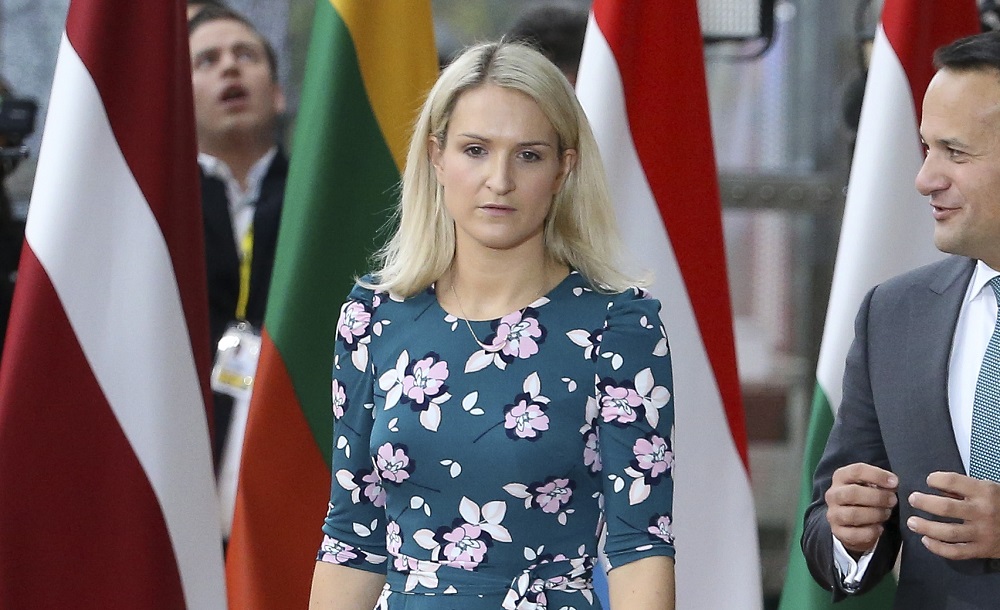Citizens’ rights to free speech must be balanced with their alleged right “not to be misinformed”, a senior member of the Irish judiciary has said.
Justice Marie Baker, who serves both as a Supreme Court judge within the country as well as the chair of its Electoral Commission, backed the notion that certain types of speech controls were warranted in Ireland.
Speaking at an event on August 30, Baker outlined the Irish Electoral Commission’s role in fighting disinformation, describing how the body has recently been granted extensive new powers to both censor and force corrections for information it deems to be false.
The Irish government's new anti-misinformation force, the Electoral Commission, says it has "very extensive powers" to "require the correction or removal of information we believe to be incorrect" – all in an effort to "enhance democracy." Question by @Ben_Scallan #gript pic.twitter.com/nMlixyGM2q
— gript (@griptmedia) August 30, 2023
“They are very extensive powers not found, in fact, in that many other European countries,” the judge said.
She added that the Commission’s job was now going to involve learning how to “balance … the right of freedom of expression on the one hand, and on the other hand, the right of persons not to be misinformed”.
Baker’s statement has generated controversy in Ireland, with many expressing confusion regarding this apparent “right of persons not to be misinformed”.
Ireland’s planned anti-hate-speech laws have reportedly left politicians in the country spooked after the arrest of an autistic girl in the UK. https://t.co/5Gq5WofsoT
— Brussels Signal (@brusselssignal) August 14, 2023
“While we’ve heard arguments for some time for a ‘right not to be offended’, Justice Baker and the newly established Electoral Commission have introduced a new basis for superseding freedom of speech,” a spokesman for campaign group Free Speech Ireland told Brussels Signal.
The representative added that the group believes such a right “appears nowhere in Irish statute books”, despite it being put on par with free expression.
“The idea that those who intend to erode or remove freedom of speech are acting in the best interests of preserving democracy is dubious to the maximum degree,” the spokesman added.
Others accused the Electoral Commission of looking to operate as a sort of “ministry of truth” that could impact Irish democracy.
“They will decide what information you are and are not allowed to see or hear based on whether they believe [it is true],” Irish radio broadcaster Niall Boylan wrote online.
“So much ‘misinformation’ turns out to be fact but gets ignored and censored,” he added. “Having any person or government body decide what information we [are] allowed to consume is an impingement on your rights to freedom of expression.”
Baker’s comments are the latest focal point for controversy surrounding free speech in Ireland, with a combination of electoral reforms, forthcoming anti-hate-speech laws and the European Union’s Digital Services Act prompting concerns regarding freedom of expression.
The progressive Irish Government’s attempts to implement new hate-speech rules have borne the brunt of the criticisms, with aspects of the legislation even drawing the ire of pundits in the United States, including former US President Donald Trump.
Elon Musk, owner of X, formerly Twitter, has even threatened to take the Irish Government to court over the legislation, which he has previously slammed as representing a “massive attack on freedom of speech”.
X will launch a legal challenge against forthcoming anti-hate-speech laws in Ireland, its US billionaire owner @elonmusk has announced. https://t.co/T0x46rGNqi
— Brussels Signal (@brusselssignal) August 25, 2023





